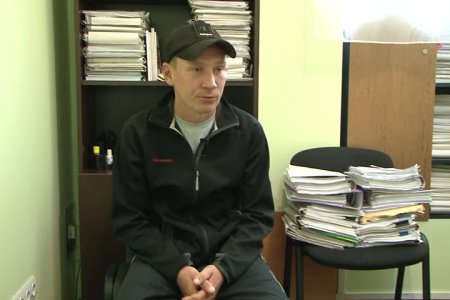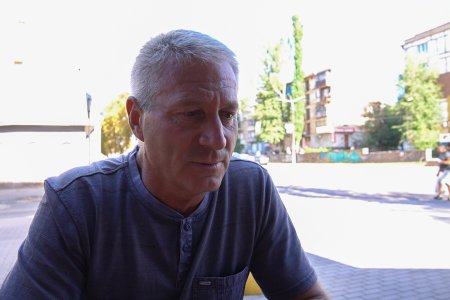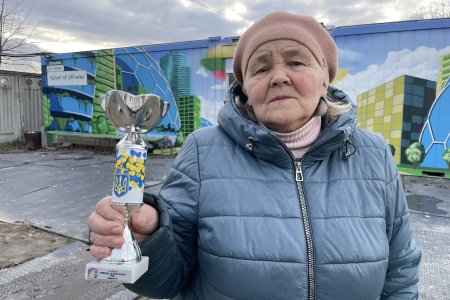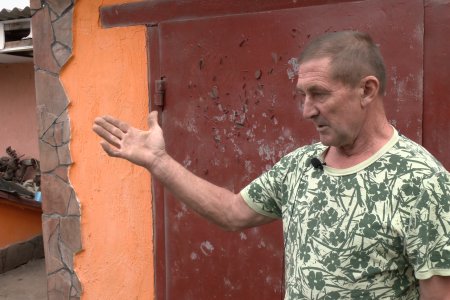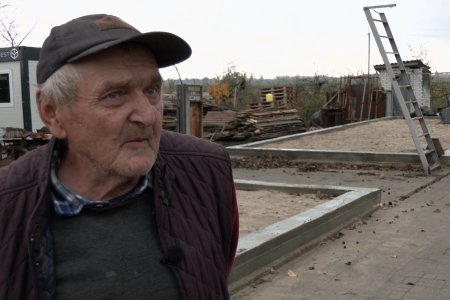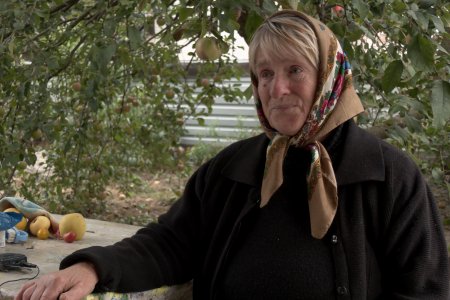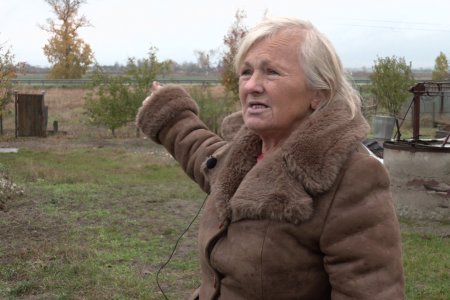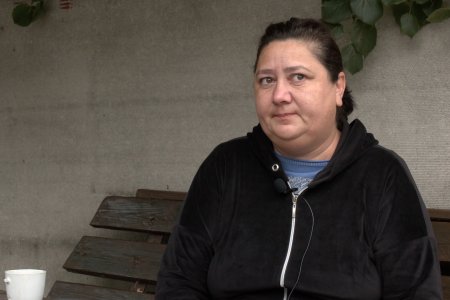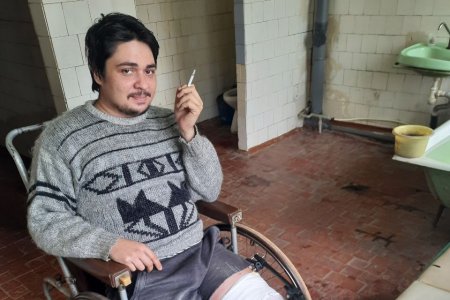
Voices of war
About the KHPG
Who we areContactsAnnual reportsKHPG PoliciesTopics
ConstitutionPoliticsThe right to lifeImplementation of European LawAgainst torture and ill-treatmentThe right to a fair trialThe right to liberty and securityFreedom of conscience and religionFreedom of expressionAccess to informationProhibition of discriminationSocial and economic rightsLaw enforcement agenciesPenal institutionsArmyThe right to health careChildren’s rightsOn refugeesCivic societySpecial projects
War crimesVoices of warHuman Rights Violations associated with EuroMaidanHuman Rights Abuses in Russian-occupied CrimeaDocumenting war crimes in UkraineStories of Convicts. The struggle for lifeDissident movement in Ukraine. Virtual museumThe right to privacyOnline Library
